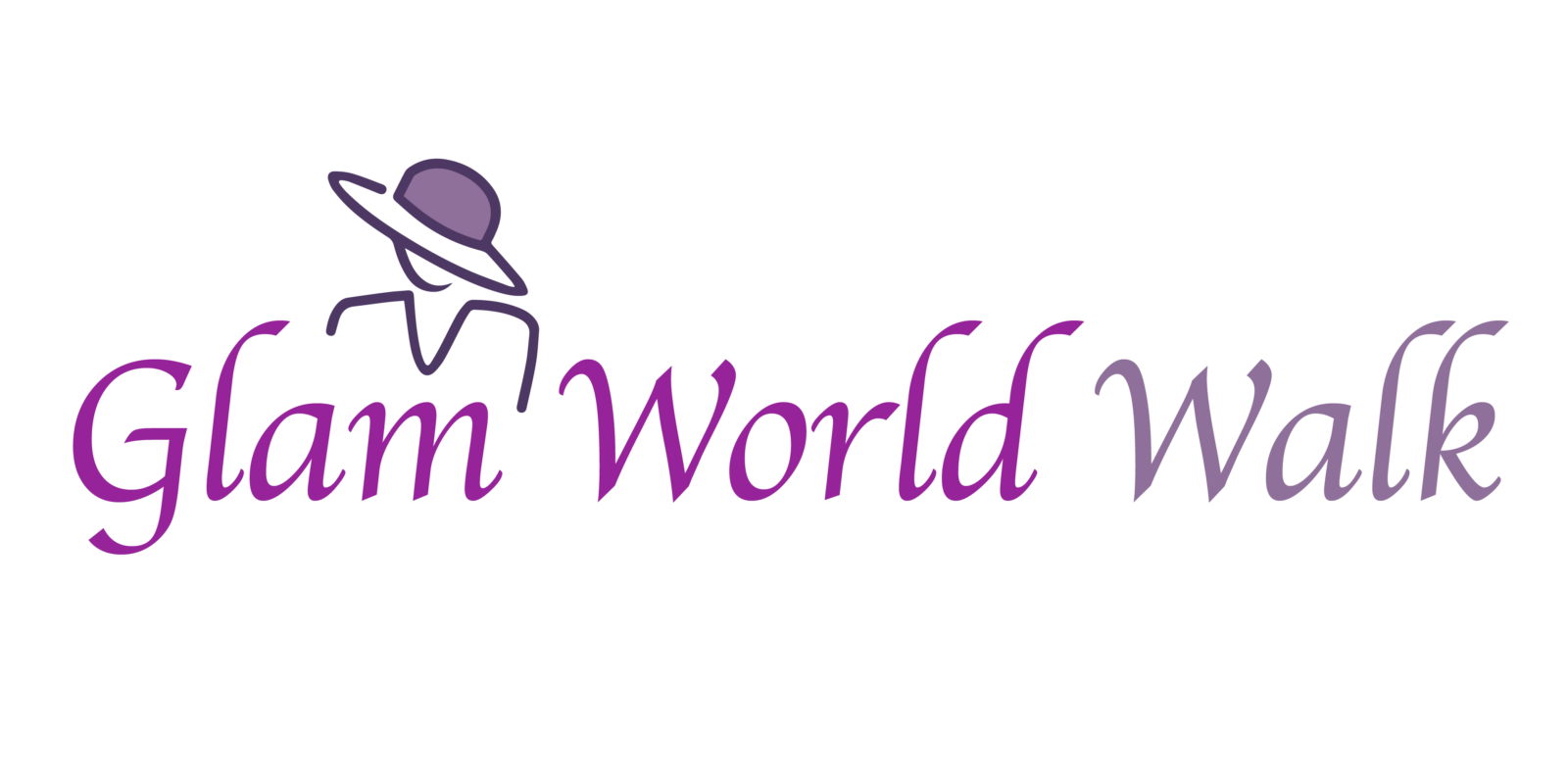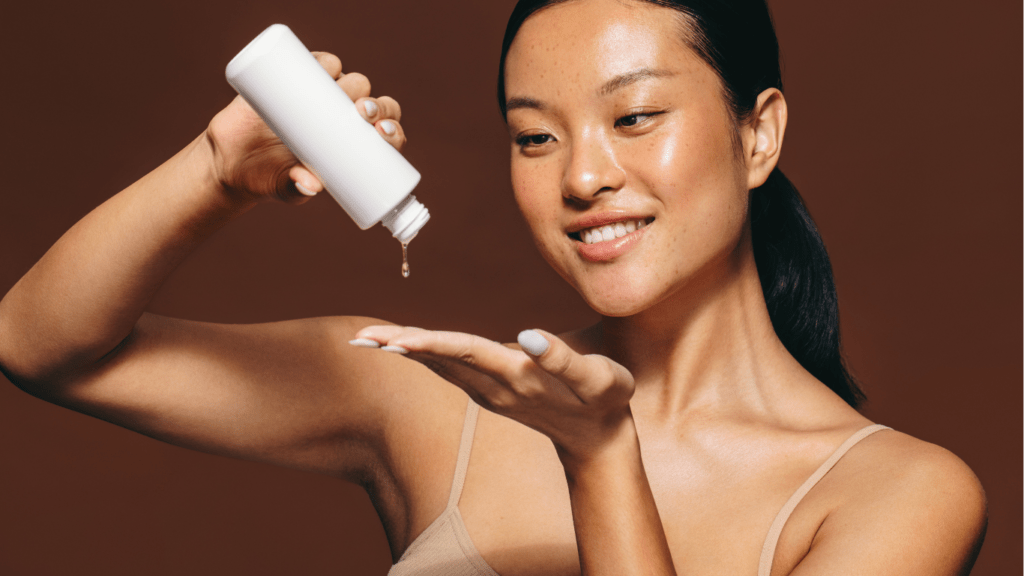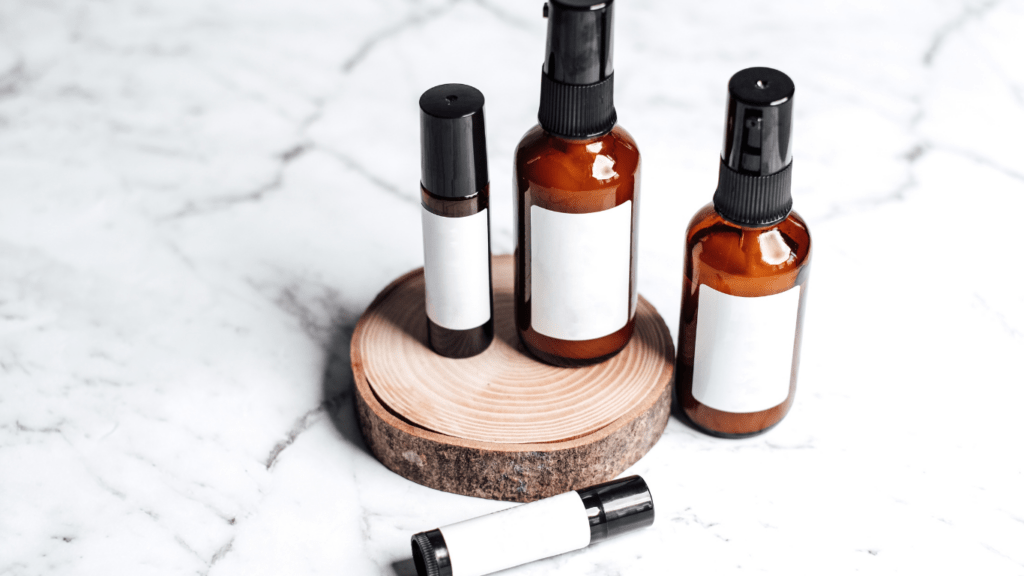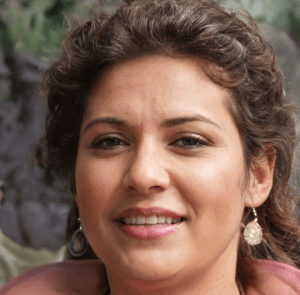The Importance Of Inclusivity In Beauty
Inclusivity in beauty fosters representation and acceptance. People from different backgrounds see themselves reflected in brand offerings, which increases their sense of belonging. This representation empowers individuals by validating their unique beauty standards and breaking away from traditional norms.
Brands embracing inclusivity see a broader market reach. By creating products for varied skin tones and hair types, they cater to a wider audience. This not only boosts sales but also builds customer loyalty among diverse groups.
Inclusivity promotes social change. When beauty brands highlight diversity, they challenge stereotypes associated with beauty ideals. For example, campaigns featuring models with different ethnicities and body types can change public perception and promote a more inclusive society.
Consumers demand more inclusive options. People are beginning to expect representation in the products they purchase. Brands that fail to embrace inclusivity risk alienating a significant portion of their potential customer base.
Creating a culture of inclusivity within the beauty industry helps foster innovation. Brands that prioritize varied needs are more likely to develop unique products. For example, foundations with extensive shade ranges or haircare products for type 4 curls.
Inclusivity impacts mental health positively. People often feel more confident when they see themselves represented in beauty campaigns and product lines. This visibility reduces feelings of alienation and boosts self-esteem.
Inclusivity aligns with global beauty trends. As the world becomes more connected, diverse beauty standards gain prominence. Brands responding to this shift stay relevant in a global market.
Pioneers Of Inclusivity
Several brands paved the way for inclusivity in the beauty industry, becoming benchmarks for others.
Fenty Beauty
Fenty Beauty, launched by Rihanna in 2017, transformed beauty standards. It debuted with 40 foundation shades, meeting the needs of diverse skin tones. This unprecedented range addressed underserved segments, ensuring everyone could find their match. Fenty’s inclusive marketing, featuring models from various backgrounds, further demonstrated its commitment to representation. The brand’s success confirmed the demand for inclusive beauty products, pushing other companies to expand their shade ranges.
Glossier
Glossier, founded in 2014, embraced inclusivity by prioritizing real consumer feedback. The brand developed products catering to a wide array of skin types and tones based on community input. Glossier’s marketing campaigns often feature everyday individuals rather than traditional models, highlighting the beauty in diversity. Its sheer skin tints and customizable products allow users to enhance their natural beauty without masking unique features. Glossier’s inclusive approach resonates with modern consumers who seek authenticity and relatability in their beauty routines.
Up-And-Coming Inclusive Brands

Many new beauty brands are making waves by prioritizing inclusivity. These brands are redefining beauty standards and offering products that cater to diverse skin tones and types.
Mented Cosmetics
Mented Cosmetics focuses on providing beauty products that look great on all skin tones. Founded by KJ Miller and Amanda E. Johnson, Mented specializes in nude lipsticks that cater to women of color. The brand has expanded to include:
- foundations
- eyeshadows
- blushes
all formulated with inclusive undertones. Mented’s products, such as their Skin by Mented foundation sticks, have received positive reviews for blending seamlessly with a variety of skin tones. This brand’s commitment to inclusivity and quality has earned it a loyal customer base.
UOMA Beauty
UOMA Beauty aims to create products for everyone, regardless of race, gender, or lifestyle. Founded by Sharon Chuter, this brand offers an extensive range of foundation shades tailored to various skin tones and undertones. UOMA Beauty’s Say What?! Foundation comes in 51 shades with six unique formulas to meet different skin needs. The brand also features vibrant, pigmented eyeshadows and bold lipsticks that complement a wide range of looks. UOMA Beauty’s innovative approach and dedication to diversity make it a standout in the inclusive beauty industry.
The Economic Impact Of Inclusivity
Inclusive beauty brands impact the economy significantly. They experience higher revenue growth by targeting a wider audience and addressing diverse needs. According to McKinsey, brands that promote diversity see a 19% higher innovation revenue. This growth stems from expanding their customer base and offering products appealing to all demographics.
Companies like Fenty Beauty, which offer a wide range of shades, have disrupted the market. They captured underserved groups, generating millions in sales. For example, Fenty Beauty earned over $100 million in its first 40 days. This success story highlights the financial benefits of inclusivity.
An inclusive approach also fosters customer loyalty. People appreciate feeling represented in beauty products. Loyal customers boost sales through repeat purchases and word-of-mouth marketing. Brands with a strong inclusivity focus, like Glossier, see higher customer retention rates.
Retailers also benefit from inclusivity. Stores stocking diverse beauty products attract more customers. They maximize shelf space utility by catering to various skin tones and hair types. This approach increases store traffic and overall sales revenue.
Inclusivity isn’t just a trend; it’s a smart business strategy. Companies capitalizing on this market differentiate themselves, gaining a competitive edge. They foster innovation while driving economic growth, proving inclusivity’s value in the beauty industry’s future.
Real Stories: Consumers’ Experiences
Real stories from consumers highlight the profound impact of inclusive beauty brands. Many customers share their journeys online, praising brands that recognize their unique needs and make them feel seen.
- Fenty Beauty: Broad Shade Range
Many consumers rave about Fenty Beauty’s extensive shade range. Some individuals who struggled for years to find their correct foundation shade now feel acknowledged. For example, a customer shared on Instagram how Fenty’s shade 390 matched her skin perfectly, ending her long search for the right foundation. - Glossier: Natural Beauty Empowerment
Glossier’s approach to enhancing natural beauty resonates with many women. One user mentioned on Twitter how Glossier’s Boy Brow transformed her look, boosting her confidence without making her feel overly made up. - Mented Cosmetics: Customized for Melanin-Rich Skin
Mented Cosmetics offers lipsticks and foundations tailored to melanin-rich skin, earning a loyal following. A consumer review on YouTube emphasized how Mented’s products perfectly complement her dark skin tone, making her feel celebrated. - UOMA Beauty: Embracing Diversity
UOMA Beauty’s mission to redefine beauty standards has touched many lives. A fan expressed on Facebook her gratitude for UOMA creating products that cater to her afro-textured hair and deep skin tone, citing how the brand’s inclusive approach made her feel empowered.
These authentic stories illustrate how inclusivity transforms consumer experiences, fostering brand loyalty and emotional connections. By catering to diverse needs, inclusive beauty brands uplift and inspire their customers.



 Beauty Product & Fashion Brand Reviewer
Elizabethie Vallestiera is Glam World Walk's go-to expert for in-depth beauty product reviews and luxury brand spotlights. With a meticulous approach to analyzing the latest beauty innovations, she ensures that readers are always informed about the best products on the market. Elizabethie’s passion for uncovering the stories behind iconic fashion brands makes her articles not only informative but also captivating, offering a blend of style, substance, and glamour that readers crave.
Beauty Product & Fashion Brand Reviewer
Elizabethie Vallestiera is Glam World Walk's go-to expert for in-depth beauty product reviews and luxury brand spotlights. With a meticulous approach to analyzing the latest beauty innovations, she ensures that readers are always informed about the best products on the market. Elizabethie’s passion for uncovering the stories behind iconic fashion brands makes her articles not only informative but also captivating, offering a blend of style, substance, and glamour that readers crave.
